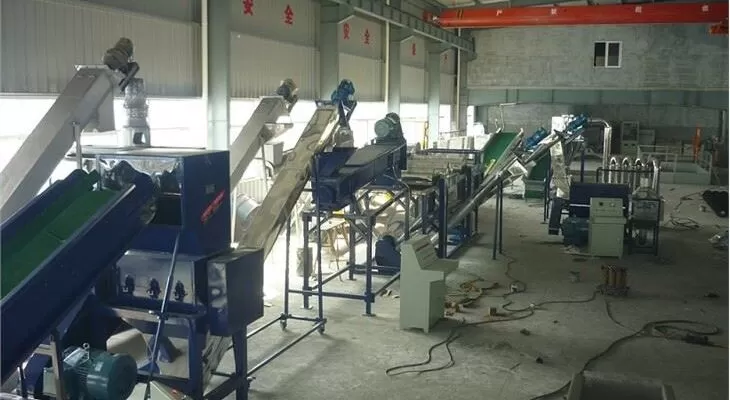Plastic pollution is a global issue. Vietnam is no exception. With economic growth and increasing consumption, plastic waste has become a serious problem. Everyone is asking: How are Vietnam’s plastic recycling projects progressing? What can we learn from them?
Vietnam has implemented a series of measures for plastic recycling, from government policies to grassroots initiatives. Despite facing many challenges, Vietnam’s plastic recycling projects are showing hope and potential.

Let’s dive deeper into the world of Vietnam’s plastic recycling projects.
How Severe is Plastic Pollution in Vietnam?
The amount of plastic waste generated annually in Vietnam is staggering. Statistics show that Vietnam produces approximately 1.7 million tons of plastic waste each year, with a large portion ending up in the ocean. This poses a significant threat to marine life and the environment. Plastic pollution not only destroys ecosystems but also impacts human health and quality of life.
In response, the Vietnamese government and environmental organizations are actively seeking solutions.
What is the Government Doing?
Recognizing the severity of plastic pollution, the Vietnamese government has started implementing a series of policies to address the issue. In recent years, Vietnam has introduced several regulations to encourage businesses and individuals to reduce plastic use and promote eco-friendly materials. The government is also increasing support for plastic recycling enterprises by providing funding and technical assistance.
While these policies have seen some success, there’s still a long way to go.
How are Businesses Involved in Plastic Recycling?
In Vietnam, more and more businesses are realizing the importance of plastic recycling and joining the cause. Many companies are adopting eco-friendly materials, reducing plastic packaging, and investing in plastic recycling technology. For instance, some companies have established dedicated recycling facilities to process used plastics and produce recycled plastic products.
These business efforts not only help reduce plastic pollution but also create new business opportunities.
What Role Do NGOs Play?
Besides the government and businesses, non-governmental organizations (NGOs) also play a crucial role in Vietnam’s plastic recycling projects. These organizations raise public awareness about environmental protection, encourage people to participate in plastic recycling, and organize various environmental activities, such as beach cleanups and community recycling projects.
The efforts of these NGOs significantly advance Vietnam’s plastic recycling progress.
How Do Community Recycling Projects Operate?
In many communities across Vietnam, plastic recycling has become part of daily life. Community recycling projects set up collection points, provide recycling facilities, and promote education to increase residents’ environmental awareness and participation. Residents can bring their plastic waste to these collection points, where it is sorted and sent to recycling plants for reprocessing.
These community recycling projects not only help reduce plastic waste but also strengthen community bonds and environmental consciousness.
What Can We Learn from Vietnam?
Vietnam’s experience in plastic recycling offers valuable lessons for other countries. Despite facing many challenges, the combined efforts of the government, businesses, NGOs, and communities are gradually improving the plastic pollution problem. We can learn from Vietnam that solving plastic pollution requires the participation of the entire society, with policy support, corporate responsibility, public education, and community action all playing crucial roles.
What is the Future Outlook?
Looking ahead, Vietnam will continue its efforts in plastic recycling. With advancements in technology and increased social awareness, plastic recycling will become more efficient and widespread. We have every reason to believe that through sustained efforts, Vietnam’s plastic pollution problem will further improve, contributing to the global plastic recycling effort.
Conclusion
Vietnam’s plastic recycling projects showcase a nation’s effort and potential in tackling plastic pollution. Despite numerous challenges, the combined efforts of the government, businesses, NGOs, and communities are gradually achieving their recycling goals. We can learn much from their experience, contributing to the global environmental protection cause.
